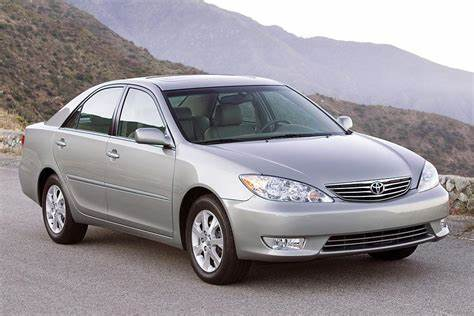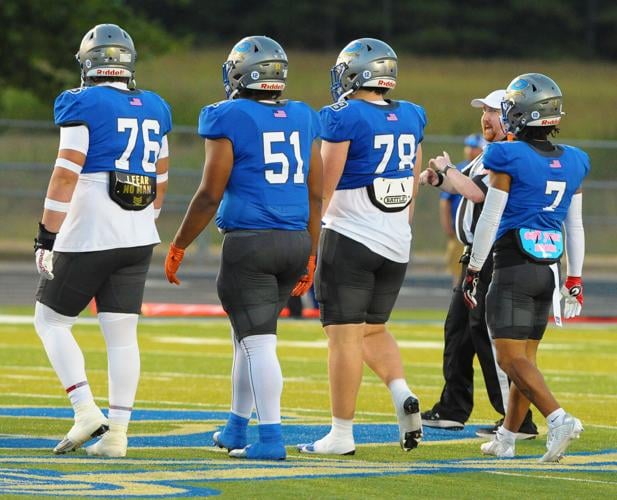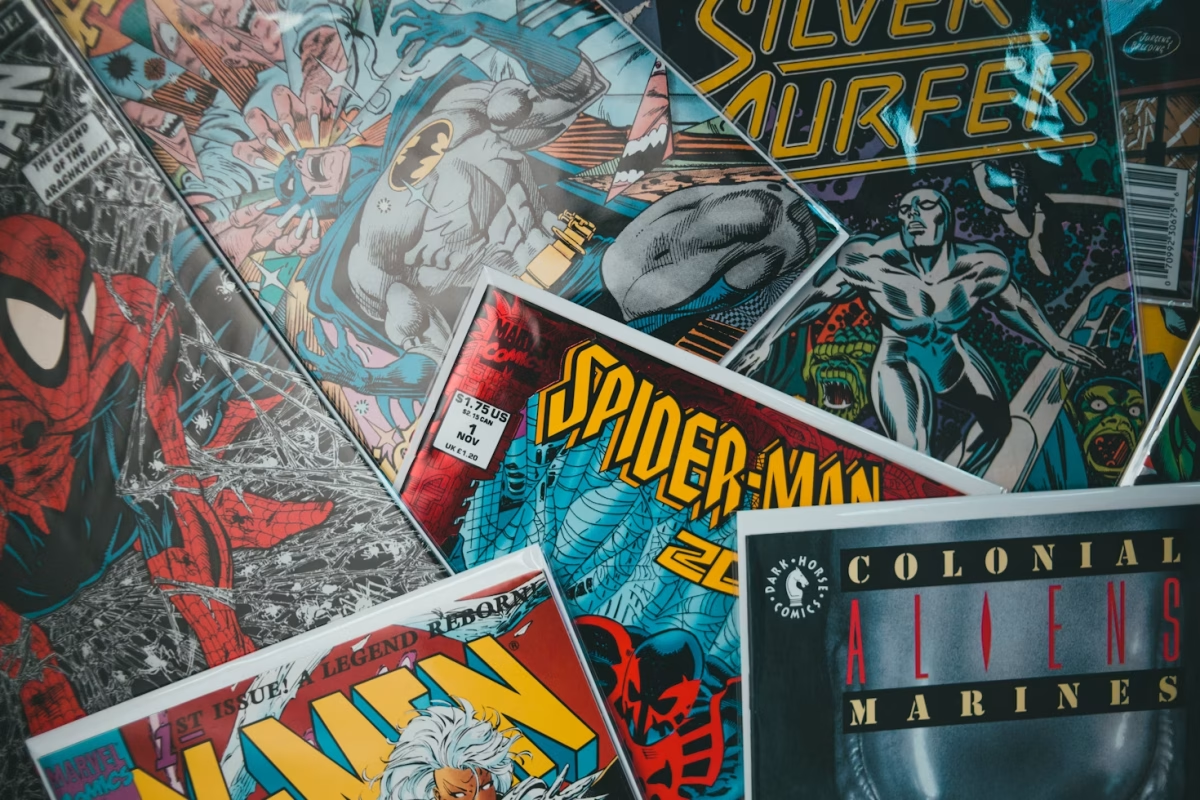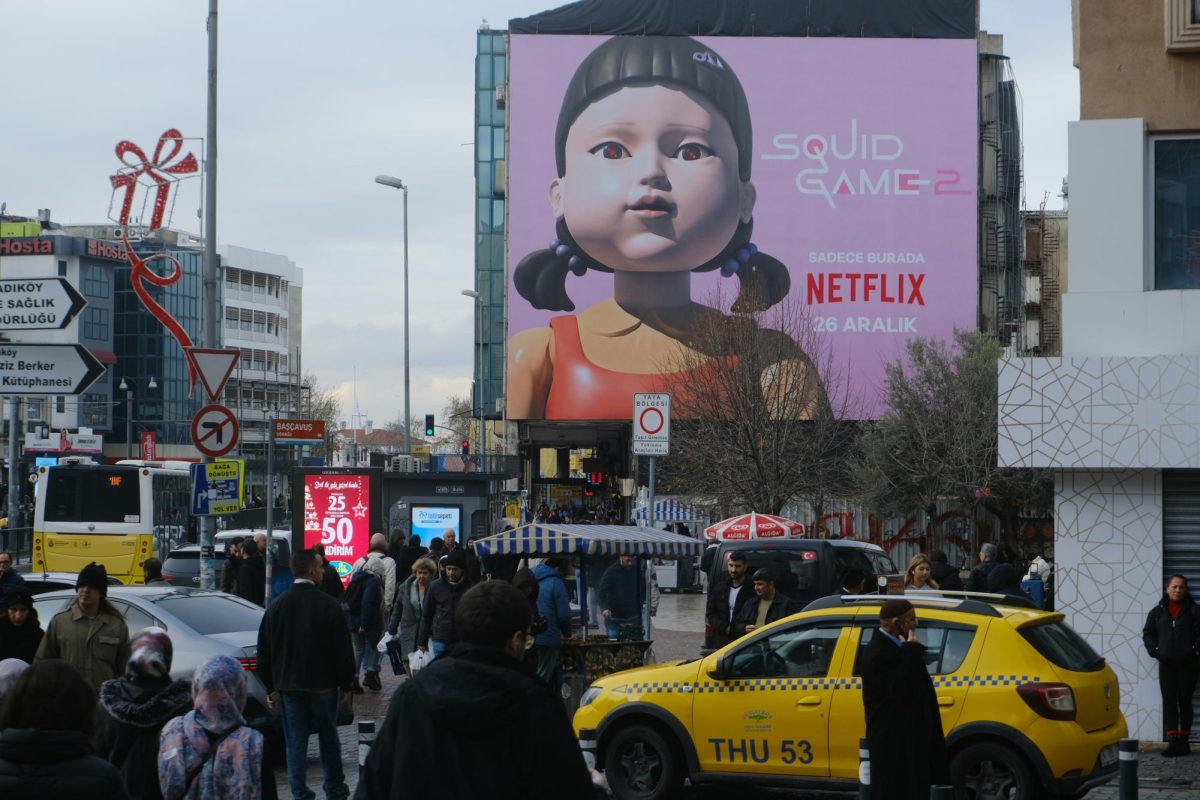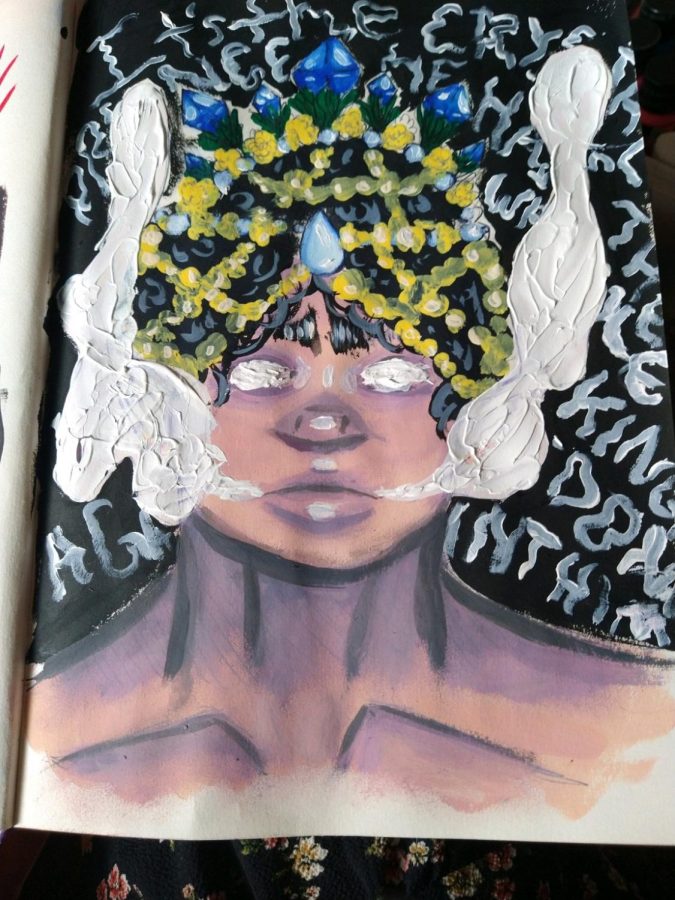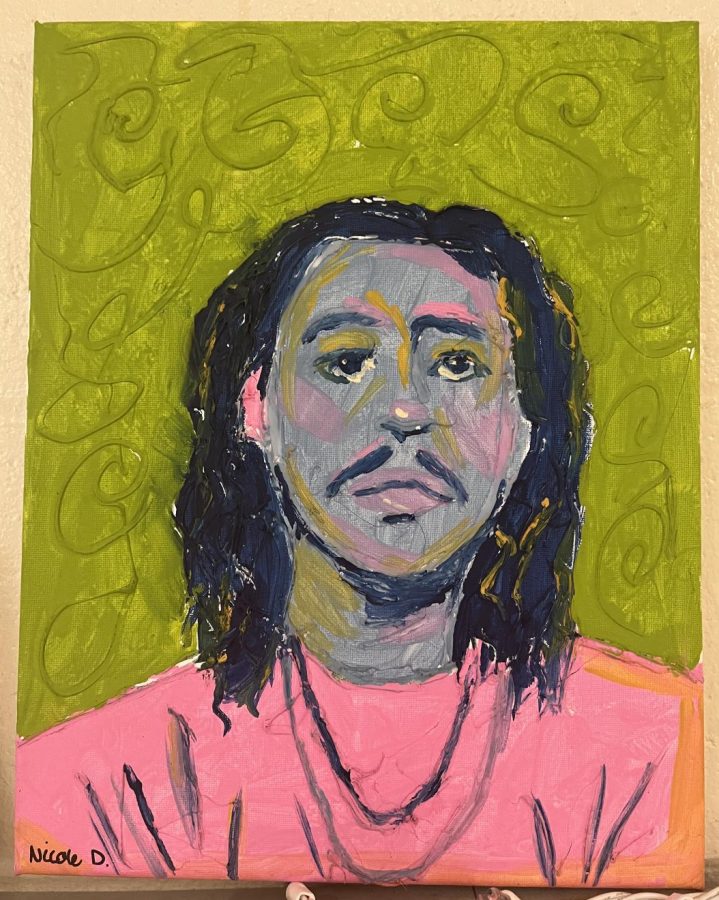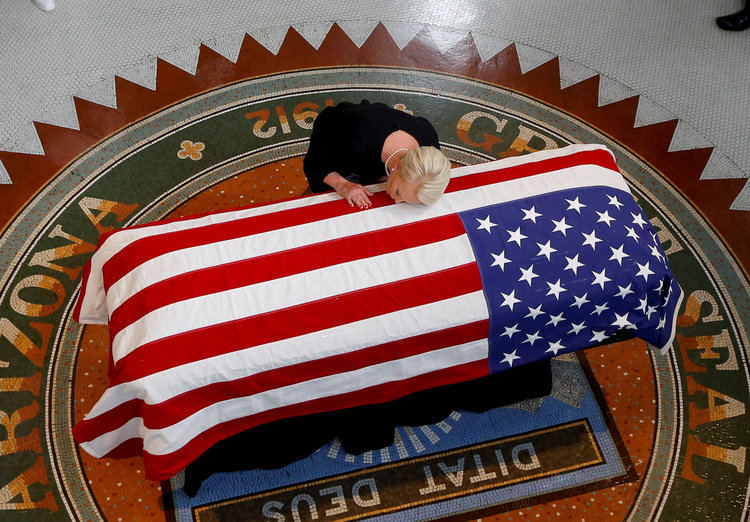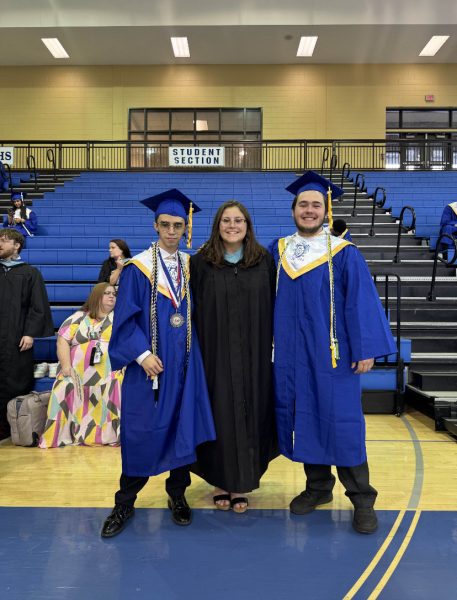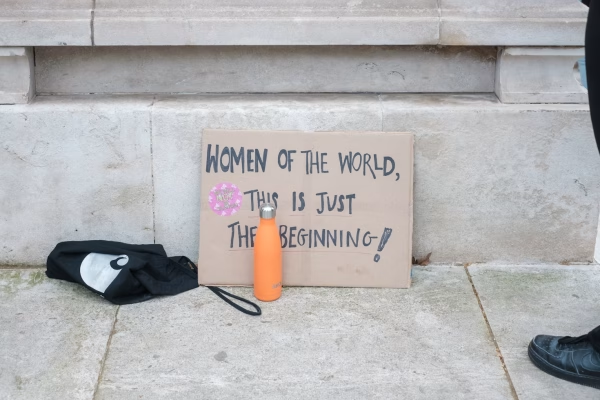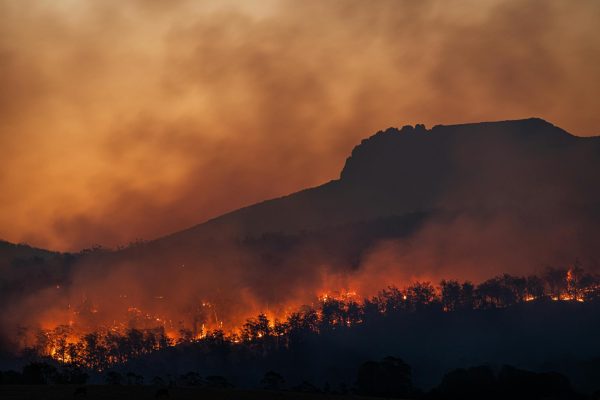The Life and Death of John McCain
 Senator and war hero John McCain has passed away from brain cancer on Saturday, August 25, 2018, at the age of 81. Although most well-known as the Republican Party’s nominee for the presidential candidate in 2008, he was also a ground-attack pilot in the U.S. Navy.
Senator and war hero John McCain has passed away from brain cancer on Saturday, August 25, 2018, at the age of 81. Although most well-known as the Republican Party’s nominee for the presidential candidate in 2008, he was also a ground-attack pilot in the U.S. Navy.
John Sidney McCain III was born on August 29, 1939, in at the Coco Solo Naval Air Station in the Panama Canal Zone. Born to a military family, both his father and grandfather were four-star admirals, and his father eventually grew to command all the U.S. naval forces in the Pacific.
Because of this, it was only natural for him to follow in his family’s footsteps. McCain graduated from the Naval Academy in 1958 and from flight school in 1960.
McCain served in the Vietnam War after graduating. In July of 1967, he barely escaped death after his A-4 Skyhawk plane was accidentally shot down by a missile, one that killed 134 people.

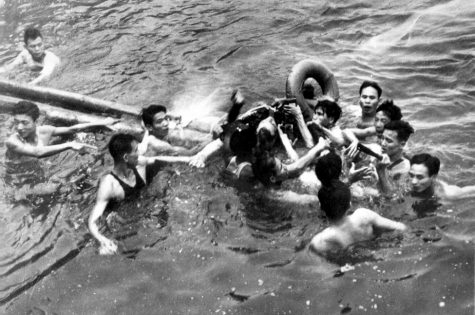
On October 26, 1967, McCain’s plane was shot down during a bombing. He broke both arms and one leg in the accident. He was captured by the Vietnamese, and in December of 1969, he was brought to Hoa Loa Prison, also known as “Hanoi Hilton.”
After discovering McCain was the son of a high-ranking officer, the Vietnamese repeatedly proposed an early release to him, but McCain declined.
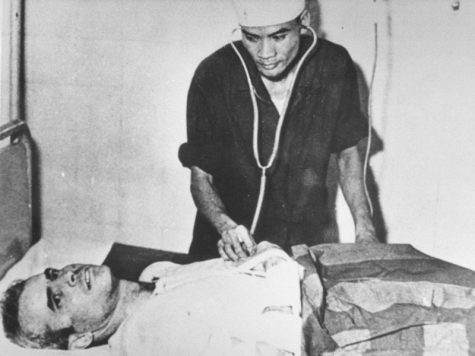
He spent five-and-a-half years in prison camps, where he was frequently tortured, suffered from dysentery and lack of food, was locked inside a ten-foot-by-ten-foot cell, and repeatedly beaten. “Three things kept me going,” McCain stated, “Faith in God, faith in my fellow prisoners, and faith in my country.”
He was released on March 14, 1973, and was awarded the Silver Star, Bronze Star, Purple Heart, and Distinguished Flying Cross.
Despite his injuries and time in Vietnamese prison camps, McCain wanted to continue serving as a naval aviator, but it was soon discovered that his ability to perform had been severely damaged and that there would be no way for him to advance.
His career in politics flourished in 1976, as McCain was assigned as the Navy’s liaison to the U.S. Senate. On November 2, 1982, he was elected to be in the House of Representative for Arizona, and in 1986, he was elected to be a senator for the same state.
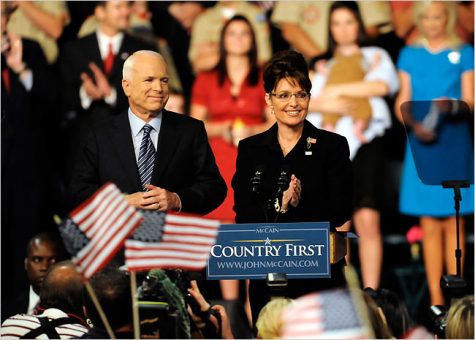
Although his stand was mostly conservative, some of his views weren’t aligned with those of the mainstream from his party. He wasn’t afraid to question the Republican Party’s views, something that set him apart from the others.
In 2008, McCain ran for President of the United States as the Republican Party’s nominee, after failing to win the Republican Party’s presidential nomination in 2000. His running mate (and to-be vice president) was Sarah Palin, the governor of Alaska.

Throughout the campaign, he ran with honor and wouldn’t let others bash his Democratic counterpart, Barack Obama. A few weeks before the election, he showed his true character. After one woman said, “I can’t trust Obama. I have read about him, and he’s not, um, he’s an Arab,” McCain shut her down. “No, ma’am,” he said. “He’s a decent family man (and) citizen…that I just happen to have disagreements with on fundamental issues, and that’s what the campaign’s all about. He’s not (an Arab).”
Although losing the presidential campaign, McCain didn’t let this deter him. He returned to the Senate and continued to play a prominent role. After the Republican Party gained control of the Senate in 2014, he became the chairman of the Armed Services Committee.
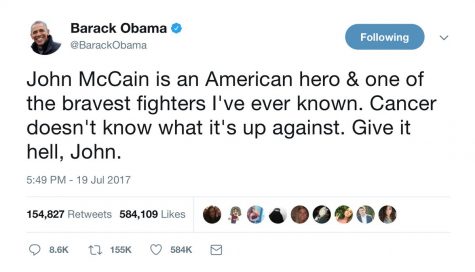 In July of 2017, he was diagnosed with glioblastoma, an aggressive form of brain cancer. Many politicians offered their support as McCain began what would be a long, painful journey.
In July of 2017, he was diagnosed with glioblastoma, an aggressive form of brain cancer. Many politicians offered their support as McCain began what would be a long, painful journey.
After over a year of battling the disease, John McCain died on Saturday, August 25, 2018, the day after his family stated he was discontinuing the treatment.
Many politicians offered their sympathies to the late senator’s family. Mitch McConnell, a senator from Kentucky, said, “The nation mourns the loss of a great American patriot, a statesman who put his country first and enriched this institution through many years of service.”
 On Saturday, September 1, 2018, at 10 a.m., a memorial service will be held for the late senator. Presidents Barack Obama and George W. Bush have been asked to speak at this ceremony. However, current President Trump was asked not to attend. This is due to a feud between the two Republicans. In 1999, when asked about John McCain in a “60 Minutes” Interview, Trump stated, “He was captured. […] Does being captured make you a hero? I don’t know. I’m not sure.” Likewise, in 2015 at a campaign event in Iowa, Trump stated, “He’s not a war hero. He’s a war hero because he was captured. I like people that weren’t captured.”
On Saturday, September 1, 2018, at 10 a.m., a memorial service will be held for the late senator. Presidents Barack Obama and George W. Bush have been asked to speak at this ceremony. However, current President Trump was asked not to attend. This is due to a feud between the two Republicans. In 1999, when asked about John McCain in a “60 Minutes” Interview, Trump stated, “He was captured. […] Does being captured make you a hero? I don’t know. I’m not sure.” Likewise, in 2015 at a campaign event in Iowa, Trump stated, “He’s not a war hero. He’s a war hero because he was captured. I like people that weren’t captured.”
Despite this, McCain’s funeral will be a way for Americans to remember his life as not just a politician but also a hero. He chose to be buried at the U.S. Naval Academy Cemetery in Annapolis, Maryland, next to his longtime friend, Admiral Chuck Larson.
In one of his last interviews, McCain was asked how he wanted to be remembered. He said, “He served his country…I hope, we could add, honorably.” In another interview, he added, “And he loved his family.” We can all agree—Republicans and Democrats alike—that that is exactly how he will be remembered.

